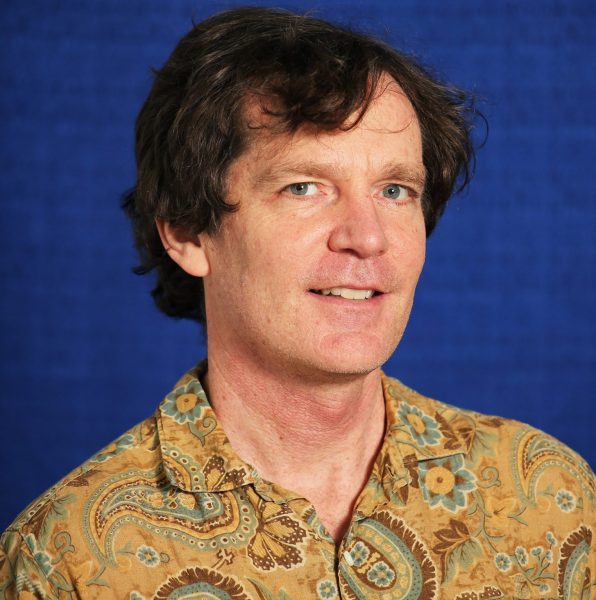Dr. Jason Archer’s Guest Appearance on IPEC’s podcast streams tomorrow, November 7! In our third episode, host Kendall Belopavlovich and Jason discuss his research in human machine communication, haptics, and sensory studies. Check out our podcast page for more.
On Thursday, the Graduate Student Government will be facilitating a 3 Minute Thesis competition. The finals will be held from 6-8:00pm, November 9, at the Great Lakes Research Center.
Finally, Friday is set to see IPEC members Charles Wallace and Susanna Peters facilitate a Computer Science Colloquium from 3-4:00pm in Rekhi 214. This event is also available as a webinar. See the event page for more details!
